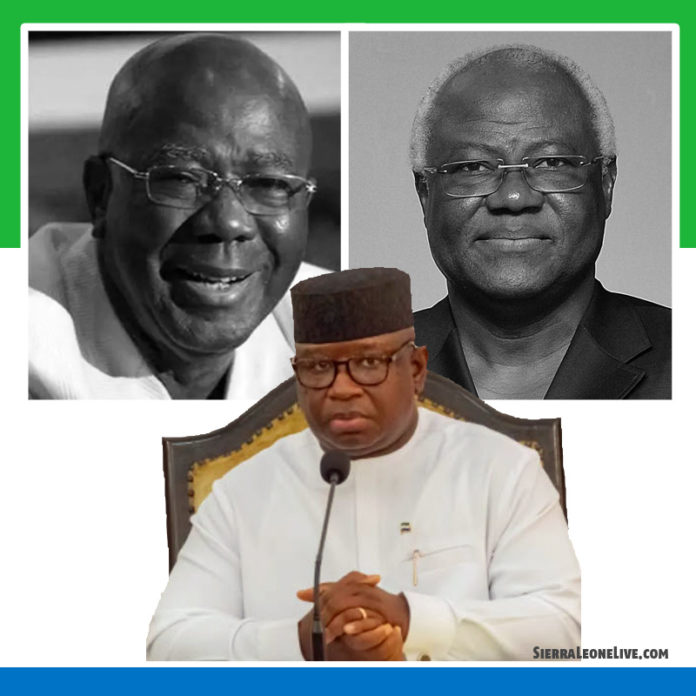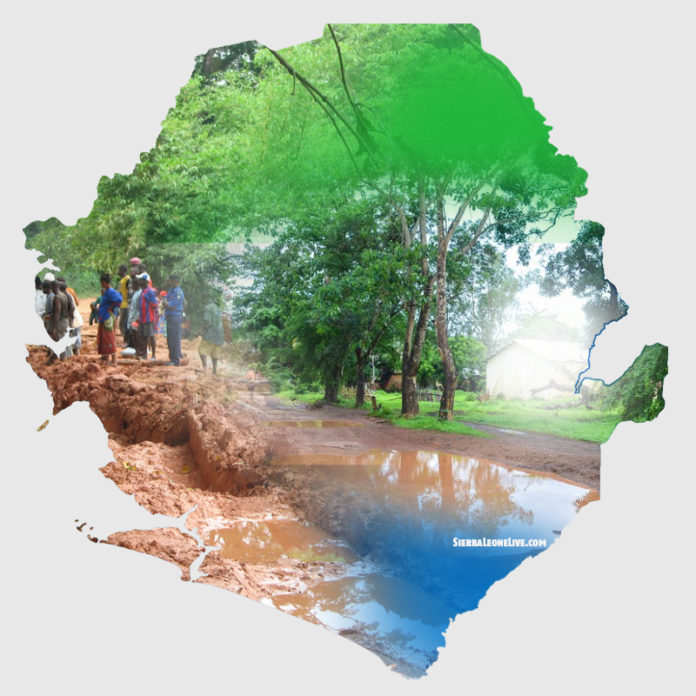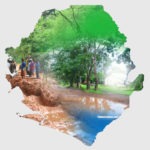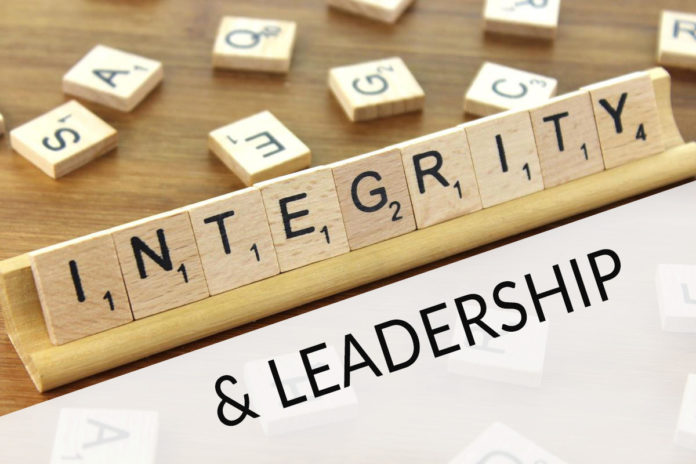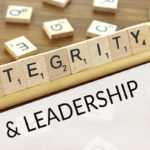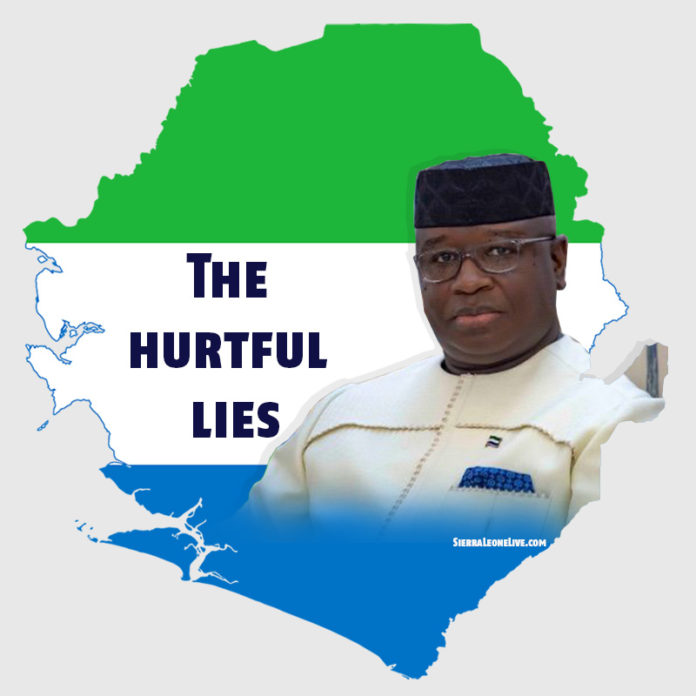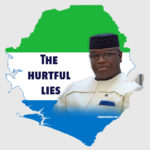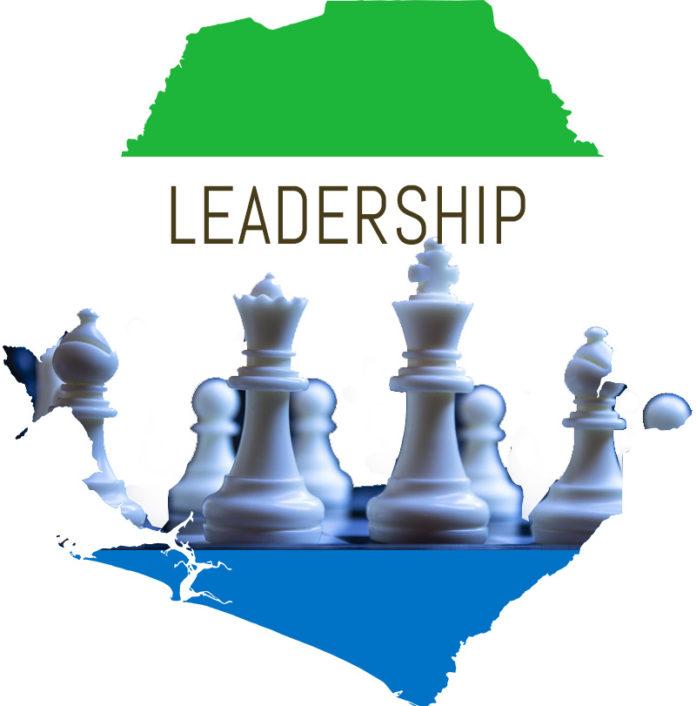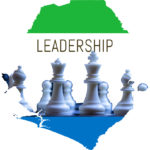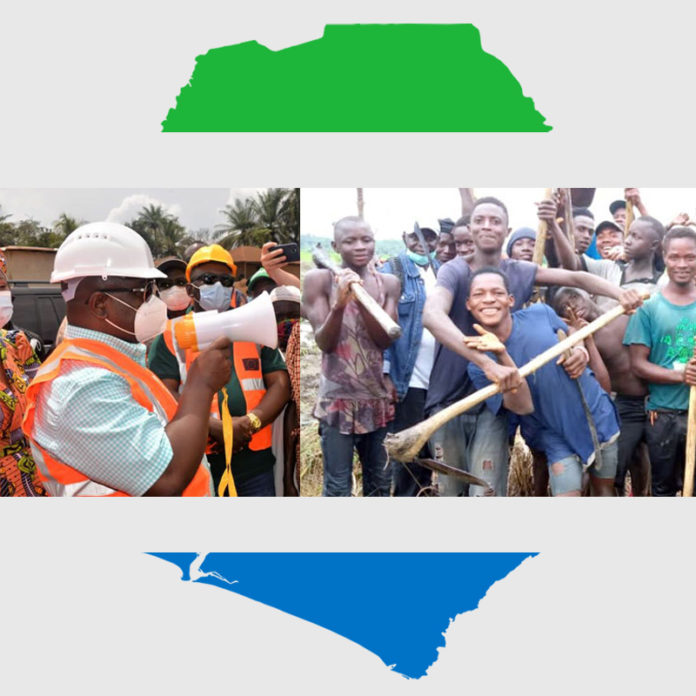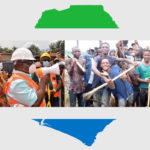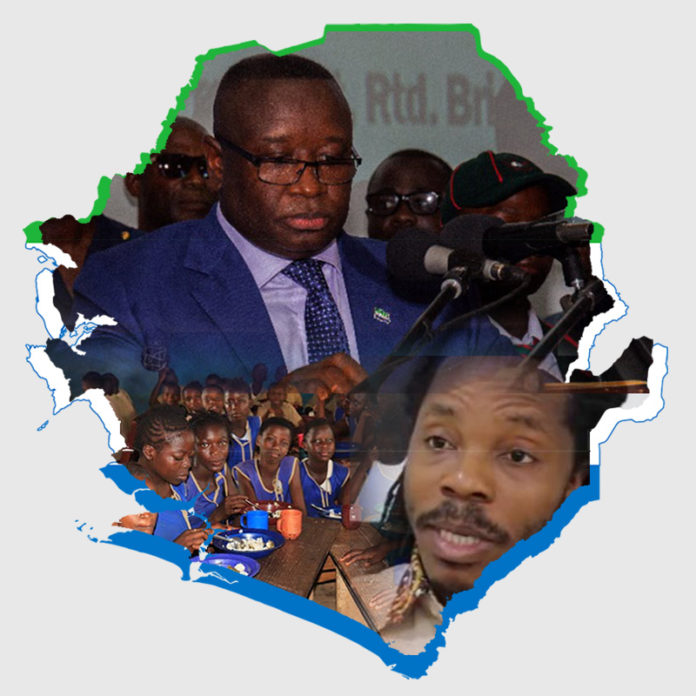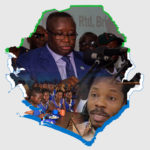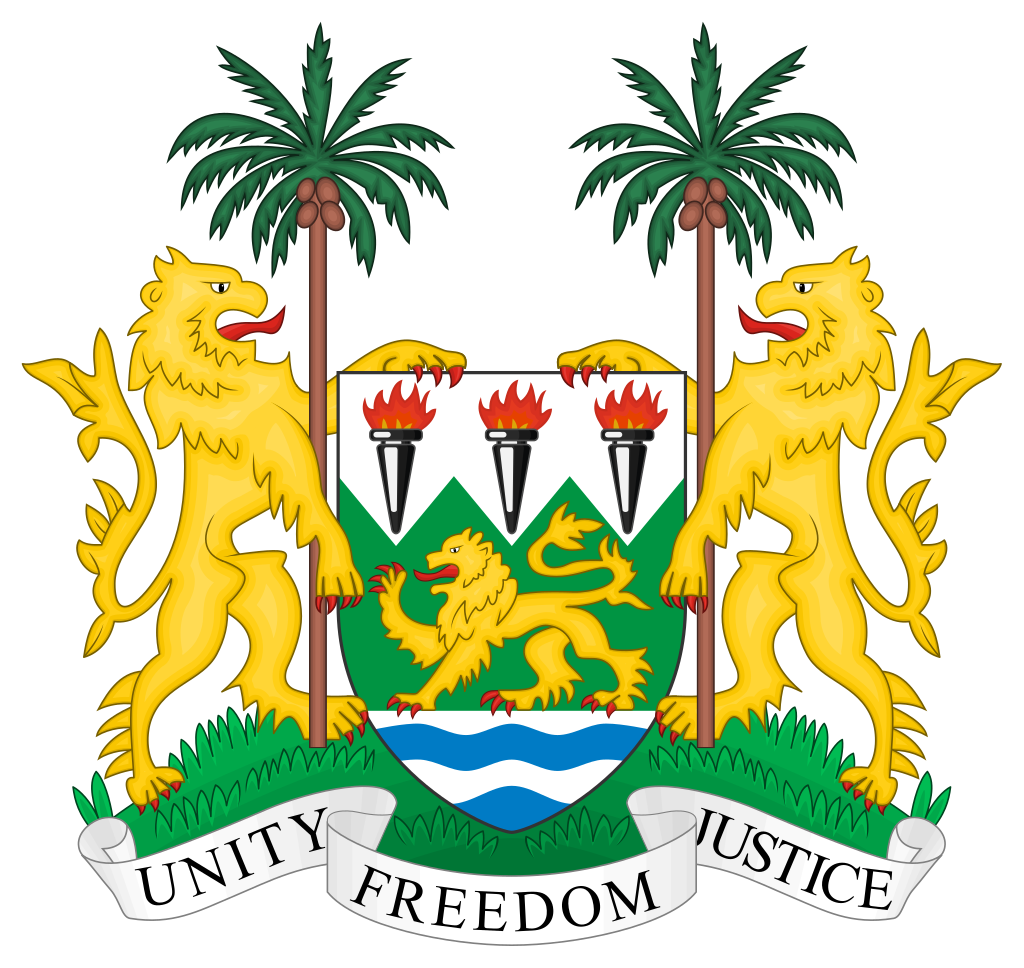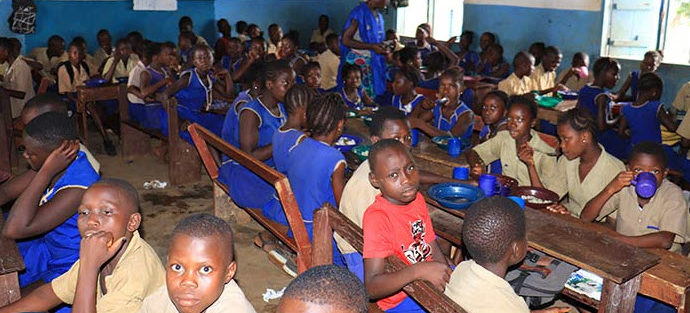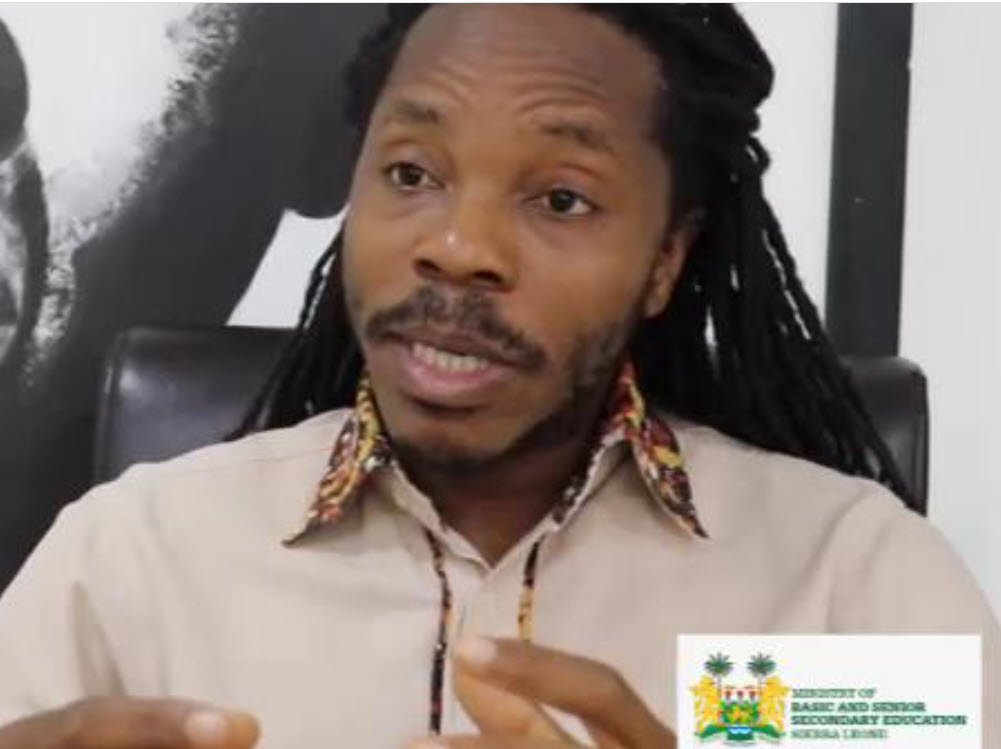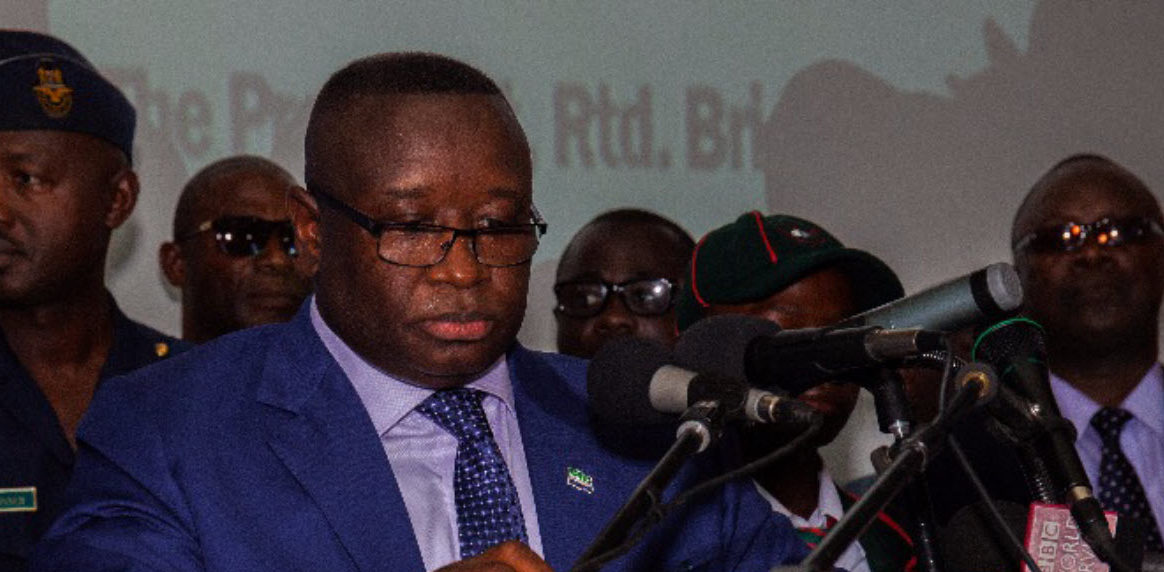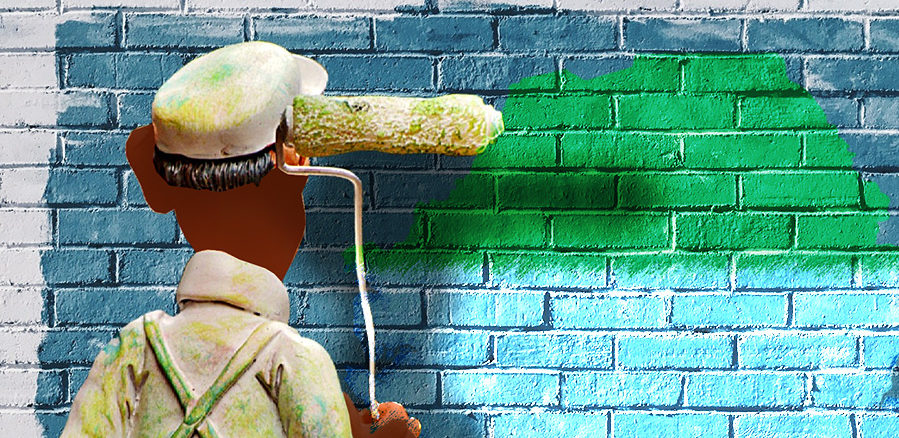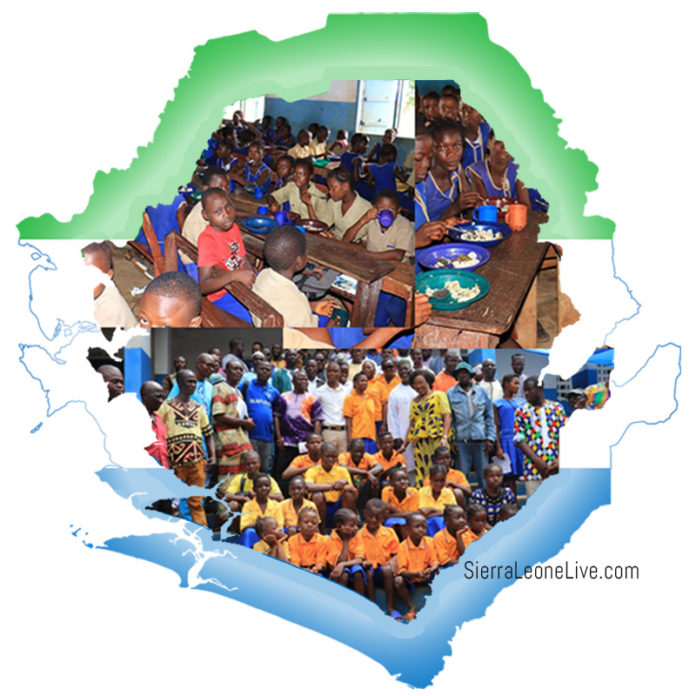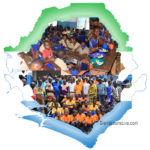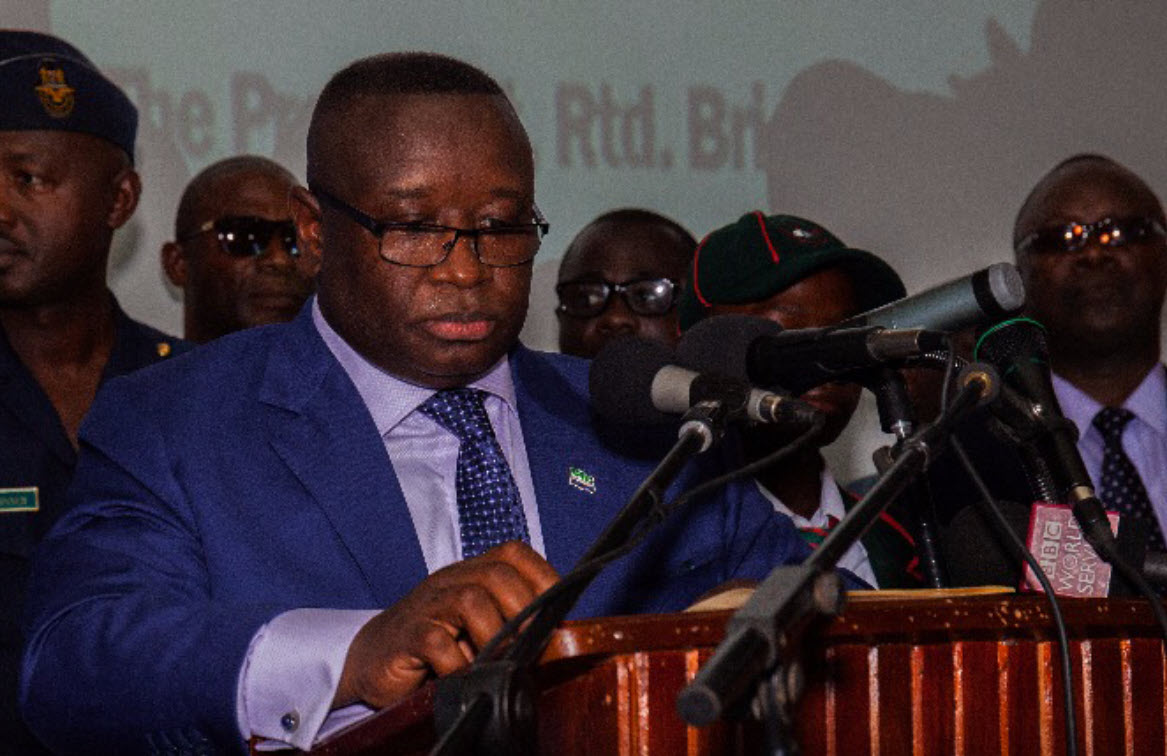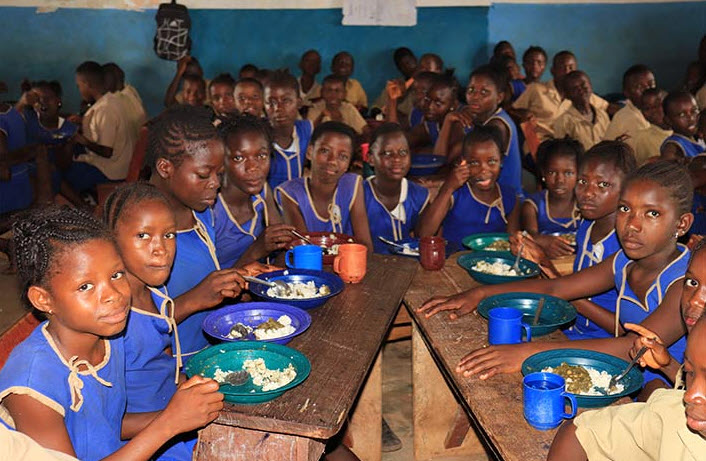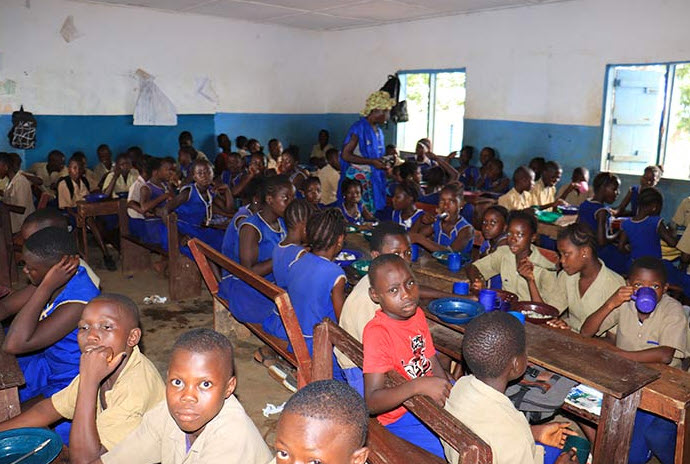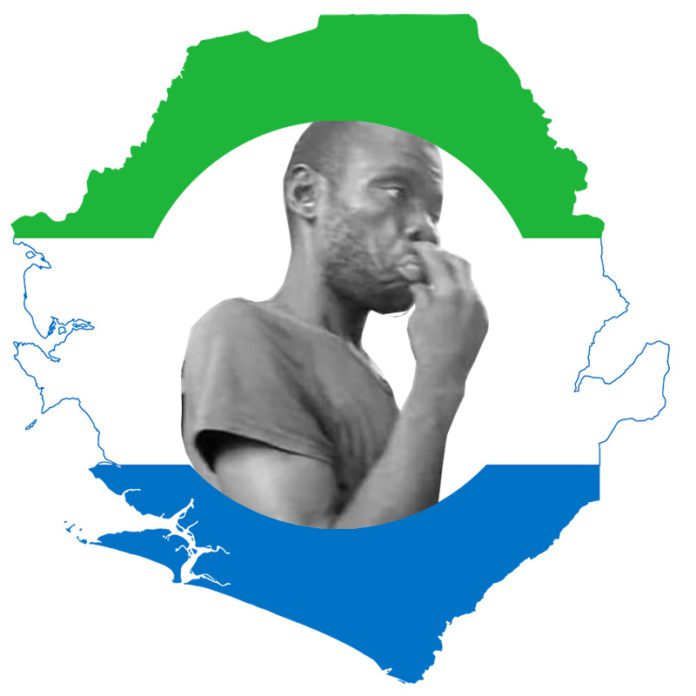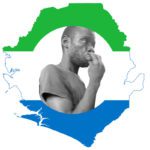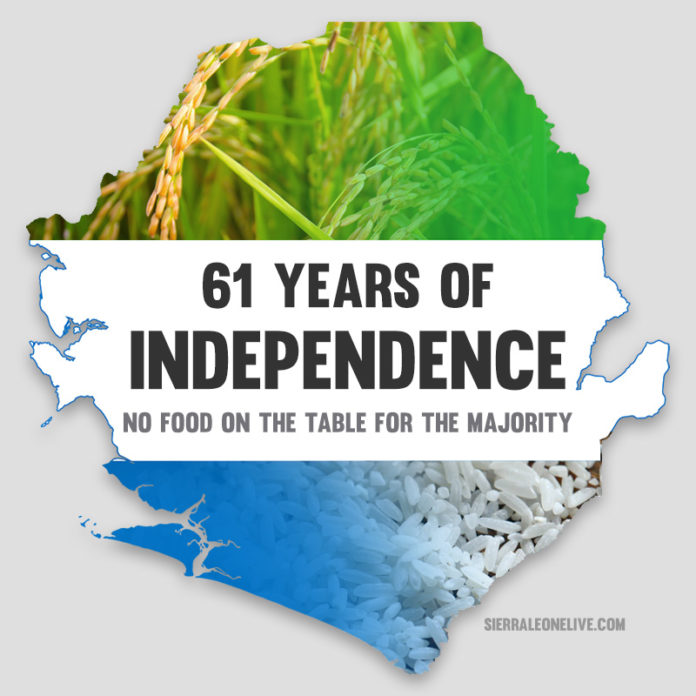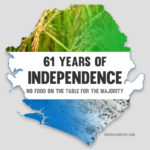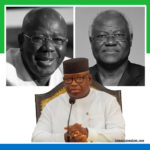
It didn’t take long for the political honeymoon to end. Ernest Bai Koroma, the self-styled All People’s Congress (APC) fake Jihadist, whose rogue contracts on behalf of the state are still creating more economic problems for the government of his successor (Julius Maada Bio) in addressing its social contract mandate, but Bio is now being accused of dividing the nation by putting his very narrow “Paopa” team’s interest ahead of national interest. It seems he can’t sell difficult policy choices, much less take them.
Whatever you may think of the propagated merits of an increase in blocking leakages and the enforcement of the Single Treasury Account, the more important question all this raises is about the quality of contemporary political leadership in Sierra Leone and how it can address the intractable problems of bread and butter issues in the lives of the suffering majority.
If we scan the national political horizon, it is difficult to spot anyone that might be described as an unambiguously great leader.
Perhaps the last person to fit this bill was the late President Ahmad Tejan Kabbah. Few people would argue that he was quintessentially the right man for his times. More than that, he was able to shape them in ways that not even his much less gifted successor (Ernest Bai Koroma) was entirely able to undo.
It is not only in what is still rather patronisingly known as the “Paopa New Direction” that effective leadership is in short supply, though. On the contrary, the All People’s Congress (APC), National Grand Coalition (NGC) and Coalition For Change (C4C) political parties have – rather tragically – become bywords for dysfunction and an inability to exhibit a nationalistic sense of purpose to currently resolve the pressing economic and social crises we are experiencing as a country. Effective collective leadership is an especially difficult and rare form of the genre and one that is currently conspicuous by its absence.
But even if we set the bar of expectation somewhat lower and simply measure the current Bio’s government political leadership style against a national benchmark, they still seem to fall short of the supposedly lofty standards of late President Ahmad Tejan Kabbah. The conventional wisdom has rapidly become that the Ahmad Tejan Kabba government provided Sierra Leone’s gold standard for ambitious, necessary reforms that were skillfully executed for his government and his successor.
Even if we put to one side the possibility that this retrospective judgement doesn’t easily map onto the often-turbulent politics and economics of the period, was there something about 1996-2007 and the larger structural transformation that was occurring in an increasingly global economy that made the policy challenges and possible responses clearer and more pressing?
Do those very same market-oriented, “neoliberal” reforms make the challenge of governing more difficult for the Bio administration that’s allegedly in total malice with national cohesion?
It has become a cliché to observe that “globalisation” has undermined the autonomy of nationally based political actors and empowered highly mobile market forces. The impact – and potential danger – of such changes can be seen in the rise of highly liquid financial capital and its potential to wreak havoc on the so-called real economy.
The inability – or the unwillingness of politicians like Bio to tax and regulate such activities effectively or equitably with specific respect to fiscal discipline is one of the more distinctive features of the contemporary national economy. It is a failure of political imagination and purpose as it manifests the implacable logic of technological change or financial innovation.
How would any national leader cope in such circumstances? What would the prospects for international co-operation be?
The pessimists probably have the best answers to such questions. It is simply that most “Paopa” politicians seem perennially unable to transcend their narrow interests to the national interest, but that even a national agenda is becoming harder to pursue. “Paopa” political rulers are entirely to blame for this.
The debate around the cancellation instead of renegotiation of the proposed Mamamah Airport for Lungi bridge increasingly demonstrates just how parochial “Paopa” politics remains and how politically difficult it can be for these types of politicians to try and promote difficult ideas to the benefit of the nation not the benefit of Western neo-colonial institutions and their interests.
Wrestling with tax policy to raise revenue for unproductive Presidential trips and dividing the nation with “Paopa” cultist ideas while pretending you are fighting corruption is not terribly exciting, nor is it likely to be the end of civilisation as we know it if the Bio government stuffs it up. We are fortunate that this is the greatest challenge our very few political leaders in this country currently face, and they must deal with it effectively.

